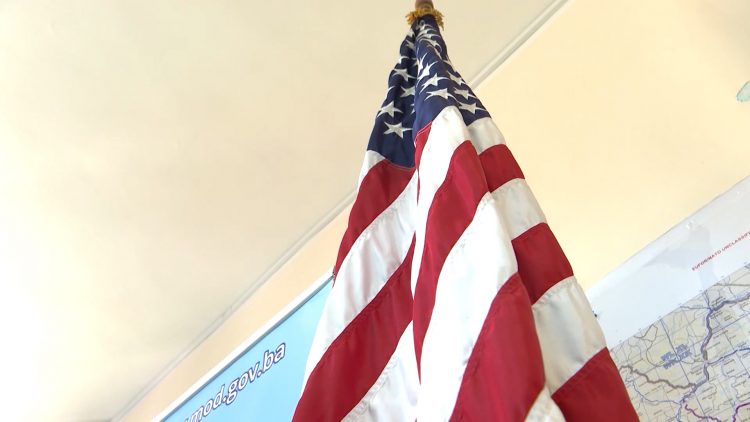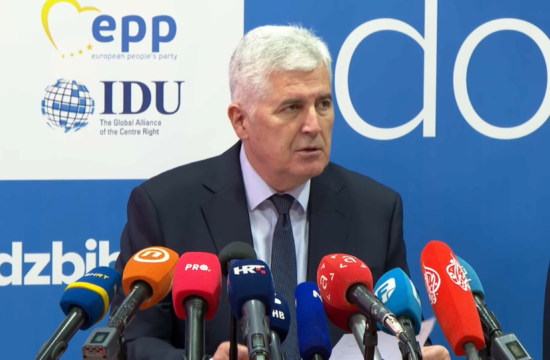
The international community had the wrong approach in the 1990s because it was focused on maintaining Yugoslavia instead of preventing the war, former US ambassador to Croatia Peter Galbraith said on Sunday.
Thirty years ago, the break-up of the state simply wasn't accepted, so when Croatia and Slovenia declared independence, there was a lot of opposition, but it weakened with the break-up of the Soviet Union, he told the press ahead of a conference on 30 years since the international recognition of Croatia.
The international community, including the United States, had the wrong approach then because the problem was not the break-up of Yugoslavia's nor the independence of Croatia and Slovenia, the problem was the war, said the US ambassador to Croatia from 1993 to 1998.
Instead of preserving Yugoslavia, we should have concentrated on preventing the war, which was a big tragedy, he added.
Speaking at the conference, Galbraith said the 1990s were a series of events whose outcome could easily have been completely different. He is glad, he added, that today, as a peaceful democracy, a NATO and EU member, Croatia has become a diplomatically very boring state.
Today when they ask me about Croatia, they only ask which places to visit and which restaurants to go to, he said.
Galbraith said that Croatia-US relations were not as they were in the 1990s, when the US was at the peak of its geopolitical power. That power has inevitably weakened, which was accelerated by the mistakes of former presidents George W. Bush and Donald Trump, he added.
Croatia is part of the EU and NATO, and has no crises. America was here because there was a war, he said.
Galbraith said that before 1993 and the sending of an ambassador, the feeling in the US was that the situation in Yugoslavia was hopeless. Many did not see the difference between what Serbia and Croatia were doing in Bosnia and Herzegovina, which changed thanks to the engagement of the Croatian authorities, he added.
Speaking of Croatia's then-president Franjo Tudjman and defence minister Gojko Šušak, he said it seemed they did not fully accept BiH's territorial integrity.
But in the key moment, choosing between continuing to support Bosnian Croats in their conflict with the Muslims and a partnership with the US in the reintegration of occupied territories, they chose the second, he added.
After that decision, the US stepped up its engagement, which led to the Washington Agreement and the peaceful reintegration of eastern Croatia, Galbraith said.
Commenting on a war crimes indictment against Croatian pilots recently announced by Serbia, he said the proceedings held at the International Criminal Tribunal for the Former Yugoslavia had been very important, very good, just, and that no one escaped justice.
Galbraith said he therefore did not see how Serbia could think that it had jurisdiction to prosecute crimes that did not take place on its territory.





Kakvo je tvoje mišljenje o ovome?
Budi prvi koji će ostaviti komentar!